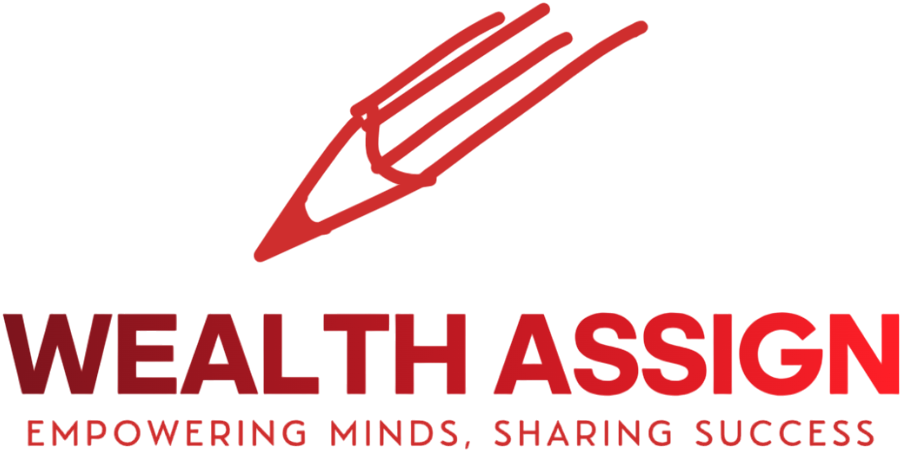Introduction
Stress is an unavoidable part of modern life, but innovative solutions like wellness technology byPulsetto aim to make relaxation more accessible. While much has been said about its vagus nerve stimulation (VNS) technology, there’s a gap in real-world insights, expert opinions, and hidden applications that go beyond official information. In this article, we’ll explore exclusive case studies, lesser-known advantages, and expert-backed strategies to maximize Pulsetto’s effectiveness.
Beyond Marketing: Real-World Applications of Pulsetto
Pulsetto is marketed as a stress relief device, but how are users actually integrating it into their daily routines? We gathered insights from early adopters and wellness enthusiasts who have discovered unexpected benefits beyond what’s typically advertised.
1. Pulsetto for Productivity & Work Performance
Professionals who tested Pulsetto during high-pressure work environments reported:
- Increased focus and clarity during long meetings
- Faster recovery from stressful negotiations
- Improved ability to enter deep work states
2. Enhancing Athletic Recovery & Performance
Athletes are also experimenting with Pulsetto to speed up recovery post-exercise. Some users claim:
- Reduced muscle fatigue and soreness
- Quicker recovery after endurance workouts
- Enhanced breathing control during training sessions
3. Helping with Chronic Pain Management
Though not an FDA-approved medical device, Pulsetto users suffering from chronic conditions like fibromyalgia or migraines reported mild improvements in pain tolerance and frequency. This aligns with research on vagus nerve stimulation’s potential effects on inflammation reduction.
Lesser-Known Competitors & Alternative Solutions
Pulsetto isn’t the only wearable leveraging vagus nerve stimulation. While mainstream competitors like Apollo Neuro exist, lesser-known alternatives could offer different approaches:
| Brand | Key Feature |
|---|---|
| Neuvana | Vagus nerve stimulation with music synchronization |
| Xen by Wave Neuroscience | Military-backed neurostimulation |
| Sensate | Infra-sound therapy instead of electrical stimulation |
These alternatives highlight the growing trend in non-invasive wellness technology beyond Pulsetto.
Scientific Research & Expert Insights: What the Studies Say
While Pulsetto’s website highlights VNS research, we delved into additional studies to uncover new insights:
1. Vagus Nerve Stimulation for PTSD & Trauma Recovery
A study published in Nature Neuroscience suggests that stimulating the vagus nerve could assist in processing traumatic memories, potentially benefiting those with PTSD. Some psychologists now incorporate VNS as an adjunct therapy.
2. VNS & Gut-Brain Connection: A Surprising Benefit?
Emerging research suggests that activating the vagus nerve may improve digestion and gut health. Since the vagus nerve connects the brain to the digestive system, Pulsetto users experiencing digestive discomfort may see unexpected improvements.
3. Long-Term Benefits Still Unclear
While short-term relaxation is well-documented, studies on long-term VNS effects outside of clinical applications are limited. Pulsetto users should manage expectations accordingly.
For more, Please check out Wealth Assign
Hidden Features & Hacks to Optimize Pulsetto
Most users stick to the standard Pulsetto settings, but power users have found additional ways to enhance their experience:
1. Layering Pulsetto with Breathwork
Combining Pulsetto with box breathing (4-4-4-4 technique) enhances the relaxation response significantly.
2. Using Pulsetto Before Important Events
Some users report better social confidence and reduced performance anxiety when using Pulsetto before public speaking or interviews.
3. Pairing Pulsetto with Sleep-Tracking Devices
By monitoring HRV (Heart Rate Variability) through Oura Rings or WHOOP bands, users can measure Pulsetto’s impact on recovery and sleep quality.
FAQs
Q. Can Pulsetto be used alongside meditation apps like Calm or Headspace?
A. Yes! Some users report deeper relaxation when combining Pulsetto with guided meditation.
Q. Does Pulsetto have a long-term impact on stress resilience?
A. Early users suggest it helps with acute stress relief, but consistent use over months is still being studied.
Q. What’s the best time of day to use Pulsetto?
A. While marketed for evening relaxation, many users find it effective before stressful tasks like meetings.
Q. Can Pulsetto replace therapy for anxiety disorders?
A. No, it should be seen as a supportive tool rather than a professional mental health treatment replacement.
Q. Does Pulsetto have any potential drawbacks?
A. Some users report mild tingling sensations or difficulty finding the right intensity setting initially.
Conclusion
While Pulsetto’s official claims focus on stress relief and relaxation, real-world users are discovering additional benefits, from enhanced productivity to athletic recovery. However, as with any wellness technology, results may vary, and long-term research is still needed. If you’re considering Pulsetto, experimenting with different settings and integrations (such as breathwork or biofeedback) may help maximize its benefits.
Featured image credit: Global SEO Success


